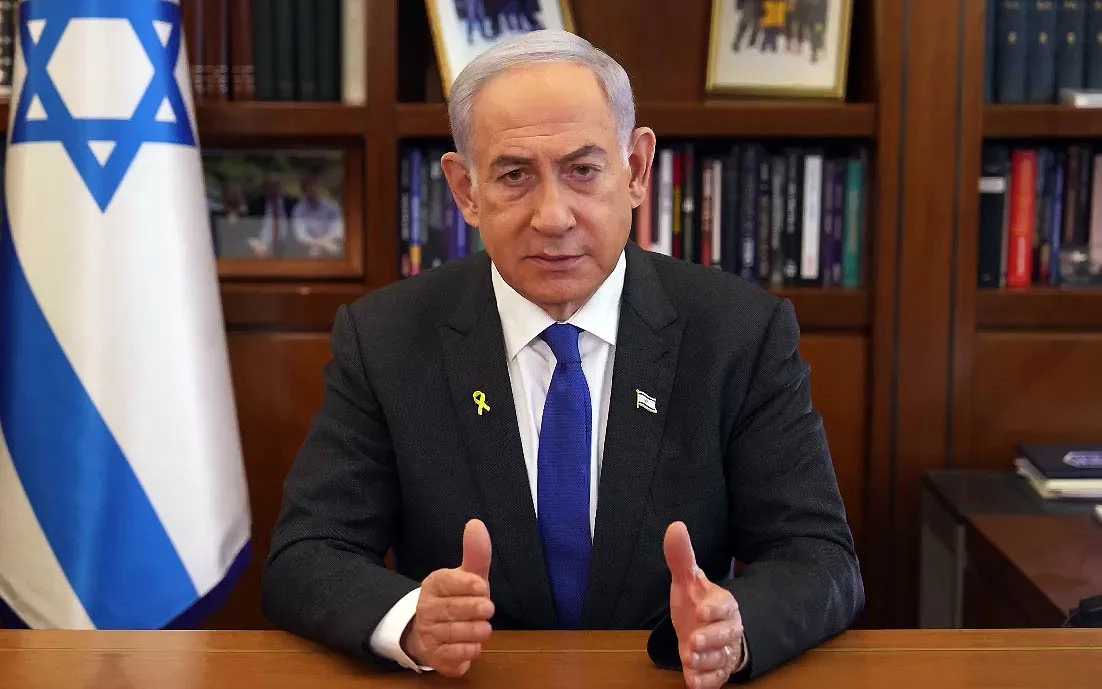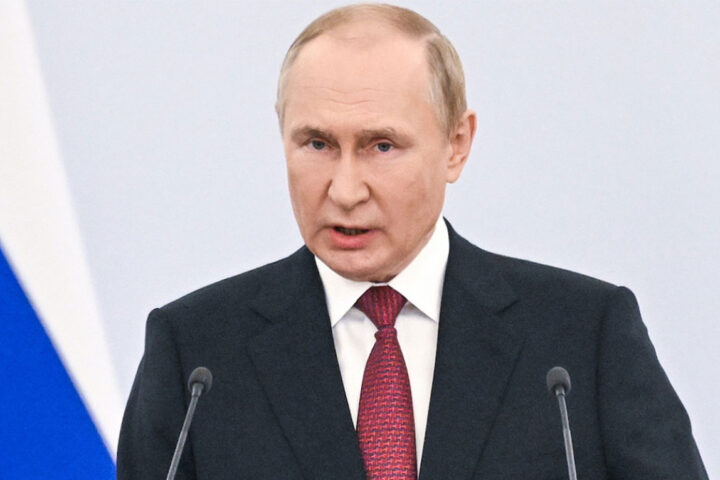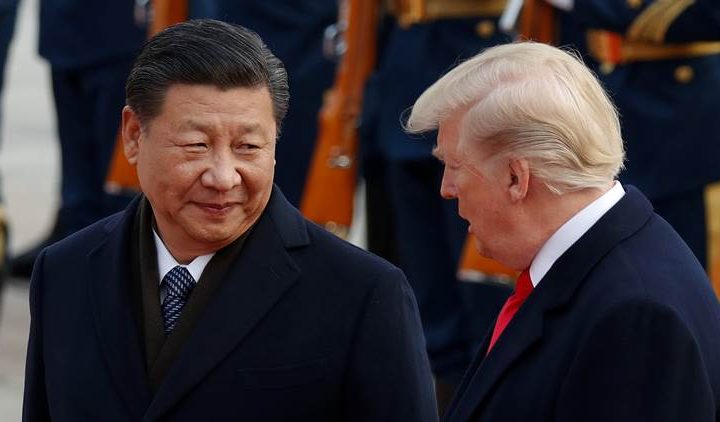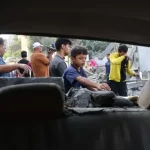Israeli Prime Minister, Benjamin Netanyahu, has issued a plea for forgiveness to the families of hostages whose bodies were recovered from Gaza last weekend.
Speaking at a press conference on Monday, in Jerusalem, the Israeli capital, Netanyahu addressed the nation, acknowledging the pain and frustration of the families affected by the tragedy.
Join our WhatsApp Channel“I said to the families, and I reiterate this this evening. I am asking for your forgiveness that we didn’t manage to bring them back alive,” Netanyahu said. “We were close, but we didn’t achieve it.”
Netanyahu’s remarks came in the wake of Israel confirming on Sunday that six Israeli hostages in Gaza had died. The Israeli military identified the victims as Carmel Gat, Eden Yerushalmi, Hersh Goldberg-Polin, Alexander Lobanov, Almog Sarusi, and Ori Danino. Their bodies were brought back to Israel, marking a somber moment for the nation.
“Hamas will pay a very heavy price for this,” Netanyahu vowed, adding that Israel “will not stand silently, doing nothing.”
The deaths of the six hostages have intensified the already palpable tension in Israel, where protests erupted across the country. Many Israelis are now pressuring Netanyahu to agree to a ceasefire, arguing that the continuation of the conflict is putting more lives at risk. In solidarity with the growing protest across the nation, a general strike is being observed nationwide, further highlighting the public’s demand for a resolution to the ongoing violence which would be reaching it one-year mark next month.
READ ALSO: Israeli Security Minister Warns Of Imminent Regional War Without Gaza Ceasefire
The six confirmed dead are part of the 250 hostages taken by Hamas during the brutal 7th October attack, which left scores dead and the nation in shock. Of the 250 hostages, 117 have been returned to Israel, while 101 remain in Gaza, and 35 have been confirmed killed.
Meanwhile, in Gaza, the situation is dire. The relentless bombardment has devastated large parts of the territory, leaving countless civilians trapped in a war zone with dwindling access to food, water, and medical supplies. The humanitarian crisis continues to deepen, with international organisations warning of catastrophic consequences if the fighting does not stop soon. As Israel faces internal pressure for a ceasefire, the world watches anxiously, hoping for an end to the violence that has claimed so many lives on both sides.
Victor Ezeja is a passionate journalist with seven years of experience writing on economy, politics and energy. He holds a Master's degree in Mass Communication.



















Follow Us